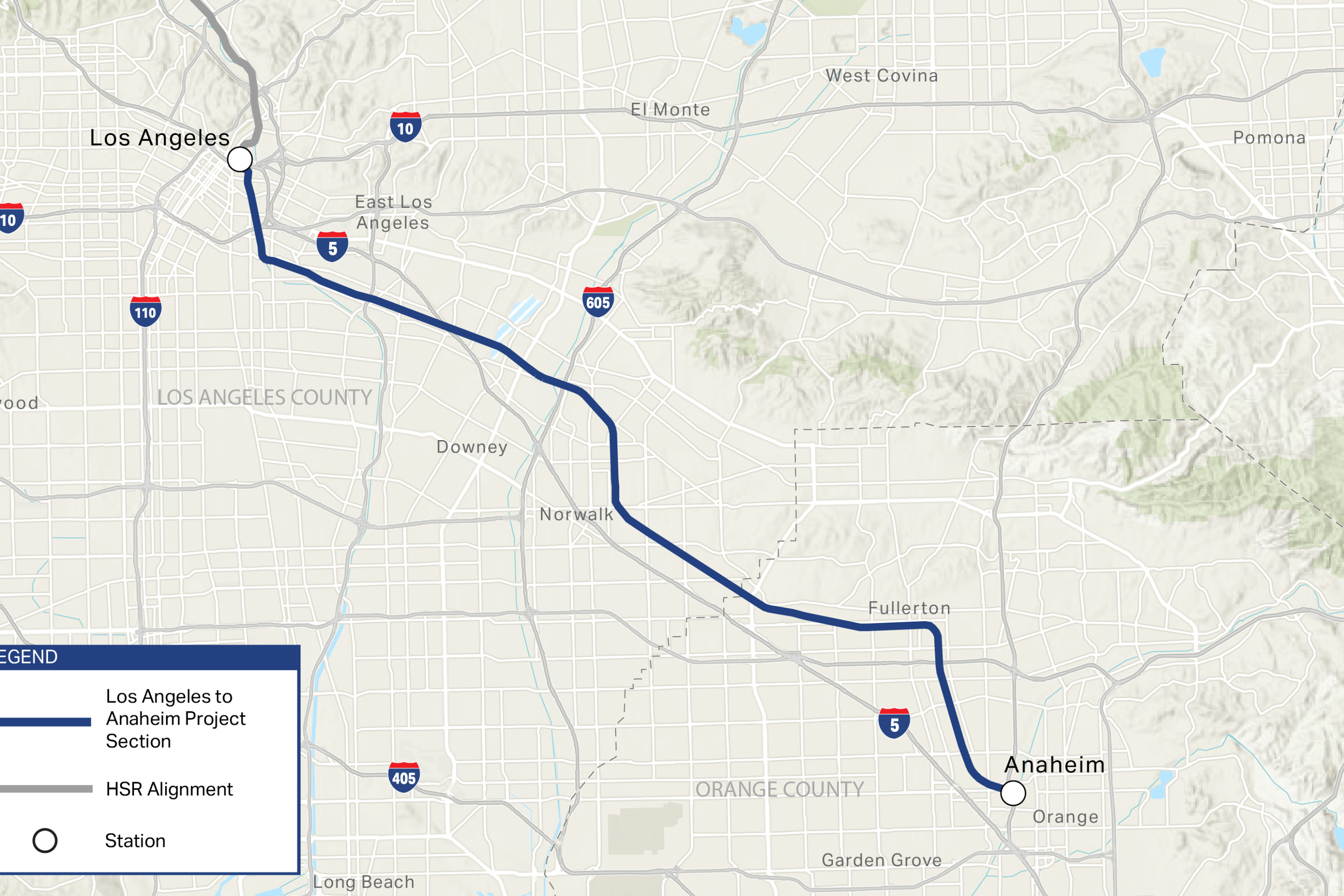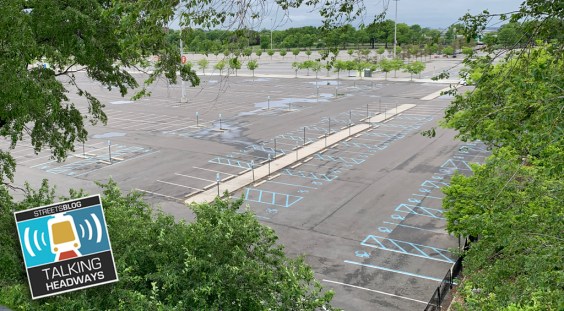
At yesterday morning’s Metro board meeting the proposed pilot college student pass program was passed with resounding unanimous approval. Board members and students representing a broad coalition of L.A. County colleges expressed excitement and optimism for the approved pilot program, which intends to expand ridership and increase program accessibility through partnerships with colleges.
The aptly titled “Universal College Student Transit Pass (U-Pass) Pilot Program” will start this fall and is approved for a two-year pilot period. The U-Pass pilot intends to expand reduced fare college pass enrollment through improving pass accessibility and administrative processing.
To streamline program participation and administration, the approved pilot program includes two key accessibility modifications from the current I-TAP college pass program to ensure student discount passes are easier to understand and administer for participating schools and students.
Under the U-Pass pilot, participating schools are responsible for payment to Metro through a pay-per-boarding model capped off at a fee of $43 per month per participant. Participating schools are also encouraged to streamline the U-Pass program through existing class and activity fee registration processes, similar to the Santa Monica City College’s “Any Line / Any Time” program. Until yesterday, student pass programs involved a lengthy and backlogged mail-order application process. Metro reported students undergo a 4-6 week wait period from their application submission to receiving reduced-fare cards. Under the U-Pass program colleges can bypass Metro’s administrative approval through a TAP-enabled sticker, easing the administrative application process for interested students.
A second key change reduces the student pass required credit minimum from 12 to 8 per semester in an effort to include part-time students in the U- Pass program. After six months the unit requirement may be further reduced to 6 units following a revenue impact review. Part-time students taking 8 or more credits will continue to only have to pay a maximum fee of $43 (the current Metro monthly student pass rate, discounted from the regular Metro monthly pass cost of $100.)
These initial Metro student pass changes focus on expanding ridership numbers. Under the existing 12-credit requirement for undergraduate students, only 3 percent of total eligible public school students participate in reduced price college transit programs. For the newly approved U-Pass Pilot program, Metro established a goal of increasing student participation by 10 percent over existing discount-pass levels. Metro data from Pasadena City College and Rio Hondo College’s participation in the now discontinued I-TAP college discount program inspires hope to the U-Pass pilot: PCC and Rio Hondo increased full-student ridership by 30 percent and 37 percent respectively under a 5 year I-Tap program period.
A mix of student representatives, administrators, and board members praised the benefits of a more accessible and affordable universal reduced college Metro pass. Many students spoke of the added internship and job opportunities available through reduced transit. Others spoke of a need for more affordable transportation to balance school with a full-time job and care for family members. Metro Board Chair Mark Ridley-Thomas mentioned the potential for the U-Pass pass program to capture life-long metro riders and expand overall ridership numbers.
With the pilot program approved, Metro must now turn their attention to program affordability and implementation. Many students at the past Student Transit Pass Advocacy Summit spoke of the struggle to afford the reduced $43 fee, a problem Metro intends on ameliorating through additional funding sources like the Mobile Source Air Pollution Reduction Committee (MSRC) and California's Greenhouse Gas Reduction Fund (GGRF). Pending state legislation A.B. 2222 would dedicate $50 million in GGRF funds toward student discount pass programs. Existing programs such Mount San Antonio’s class pass aggregate funding from student-wide payments. Metro and colleges must form partnerships to ensure the success of the U-Pass pilot program.
The approved changes will improve the lives of many L.A. County students, but additional steps are needed to make all L.A. County college student pass programs actually approach "universal." Lowering the part-time enrollment requirements to 6 credits will help. Move L.A. and others have called for free transit passes for all L.A. students.
While further action is needed, yesterday’s resounding approval was a significant step toward a robust and popular college student discount program for L.A. county college students.





